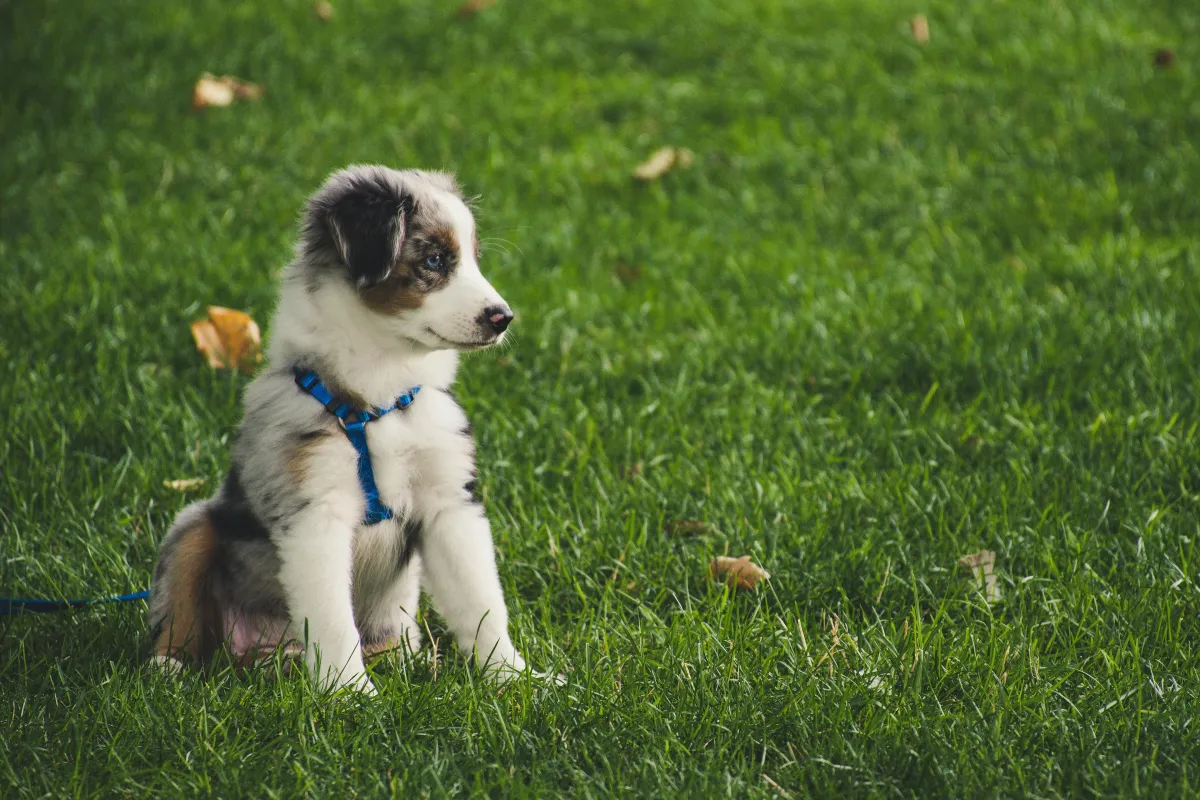
Pet Daycare for Puppies in Las Vegas: What to Consider
Pet daycare is more than just a temporary home for your puppy while you’re away—it's a crucial component of their early development and socialization. For young dogs, daycare provides an environment that supports their growth, offers opportunities for interaction with other dogs, and helps them learn essential social skills. Unlike older dogs who might adapt to changes more easily, puppies benefit immensely from a structured and supportive setting that can help them become well-adjusted, confident adults. In this article, we’ll explore why choosing the right daycare is so important for your puppy's overall development and how it can make a significant difference in their early life.
Assessing Your Puppy’s Needs
When choosing a daycare for your puppy, their age and developmental stage play a crucial role. Very young puppies, typically under six months, require a daycare that offers a gentle introduction to new experiences and social interactions. At this stage, they need ample nap time and a controlled environment to prevent overstimulation. Older puppies, between six months and one year, are more active and benefit from a daycare that offers structured playtime and socialization opportunities. Ensure the facility you choose has programs tailored to different developmental stages to address the specific needs of your puppy effectively.
Socialization and Play Requirements
Socialization is vital for puppies as it helps them develop confidence and adaptability. A well-rounded daycare provides structured playgroups with other puppies, supervised interactions with people, and exposure to various stimuli. This environment allows your puppy to learn important social skills, such as proper play behavior and how to interact respectfully with other dogs and humans. Look for a daycare that emphasizes positive reinforcement and offers diverse socialization opportunities, as these are essential for your puppy’s emotional and behavioral development.
Health and Dietary Needs
Managing your puppy’s health and dietary needs is another critical consideration. Puppies may have specific health requirements or dietary restrictions that need to be accommodated. Ensure that the daycare is prepared to handle any special needs, such as administering medications or accommodating allergies. Additionally, the facility should follow strict hygiene protocols to prevent the spread of illnesses. Before enrolling, discuss your puppy’s dietary needs and any health concerns with the daycare staff to ensure they can provide appropriate care and maintain your puppy’s well-being throughout their time there.
Key Factors to Consider When Choosing a Daycare
The environment of a daycare is crucial for your puppy’s well-being. Look for a facility that prioritizes cleanliness and safety. The space should be clean and free of hazards, with secure fencing and non-slip flooring to prevent accidents. Check if the facility has separate areas for different activities, such as play zones and rest areas, to ensure your puppy’s safety and comfort. Additionally, the daycare should have a clear protocol for maintaining hygiene, including regular disinfection of toys and surfaces, to minimize the risk of illness.
Staff Qualifications and Training
Experienced and well-trained staff are essential for handling puppies. The caregivers should have experience with puppy behavior and training techniques. Ideally, they should be certified in pet first aid and CPR, and knowledgeable about common puppy health issues. Ask about the staff-to-puppy ratio; smaller ratios often mean more individualized attention and better supervision. Well-trained staff can identify and address behavioral issues, provide proper socialization, and ensure a positive experience for your puppy.

Daycare Activities and Socialization Opportunities
A good daycare offers a variety of activities and socialization opportunities that cater to puppies’ developmental needs. Activities should include supervised playtime with other puppies, interactive toys, and mental stimulation exercises. Socialization activities, such as exposure to different people, environments, and sounds, help your puppy grow into a well-adjusted adult. Look for daycares that offer structured playgroups and enrichment activities, as these are vital for developing your puppy’s social skills and confidence.
Size of the Facility and Puppy-to-Staff Ratio
The size of the daycare facility and the puppy-to-staff ratio significantly impact the quality of care. A larger facility should still be well-organized to prevent overcrowding, which can lead to stress and behavioral issues in puppies. The puppy-to-staff ratio is critical for ensuring that each puppy receives adequate supervision and care. A lower ratio allows for more personal attention, reducing the risk of accidents and ensuring that each puppy’s needs are met. Before enrolling, visit the facility to assess these factors and ensure they align with your expectations for your puppy’s care.
Preparing Your Puppy for Daycare
Before fully committing to a daycare, it’s wise to start with short trial visits. These initial visits allow your puppy to get accustomed to the new environment gradually. Short, supervised visits help your puppy become familiar with the sounds, smells, and sights of the daycare without feeling overwhelmed. This gradual introduction can reduce anxiety and help your puppy adjust more smoothly to longer stays. Observe how your puppy reacts during these trial visits and communicate with the staff about any concerns or observations you have.
Introducing Your Puppy to Other Dogs and Staff
Introducing your puppy to the daycare staff and other dogs is a critical step in ensuring a smooth transition. Start by having a staff member spend some time with your puppy in a calm and controlled setting. This helps your puppy become comfortable with the people who will be caring for them. For introductions to other dogs, ensure these interactions are closely supervised and happen in a safe, controlled environment. Gradual introductions allow your puppy to socialize at their own pace, reducing the likelihood of stress or aggression.
Packing Essentials for Your Puppy
When preparing for your puppy’s first day, pack a few essentials to help them feel at home. Bring along their favorite toys, which provide comfort and a sense of familiarity. Pack their usual food to maintain consistency in their diet and avoid digestive issues. If your puppy takes any medications, ensure these are clearly labeled and provide instructions for their administration. Including these familiar items in your puppy’s day at the daycare can help ease their transition and make the experience more comfortable.
Wrapping Up
Preparing your puppy with trial visits, gradual introductions to staff and other dogs, and packing their essentials will ease their transition into daycare. By taking these steps, you’ll help ensure a positive and beneficial experience for your puppy. Prioritize these factors to find a daycare that supports your puppy’s growth and happiness.

